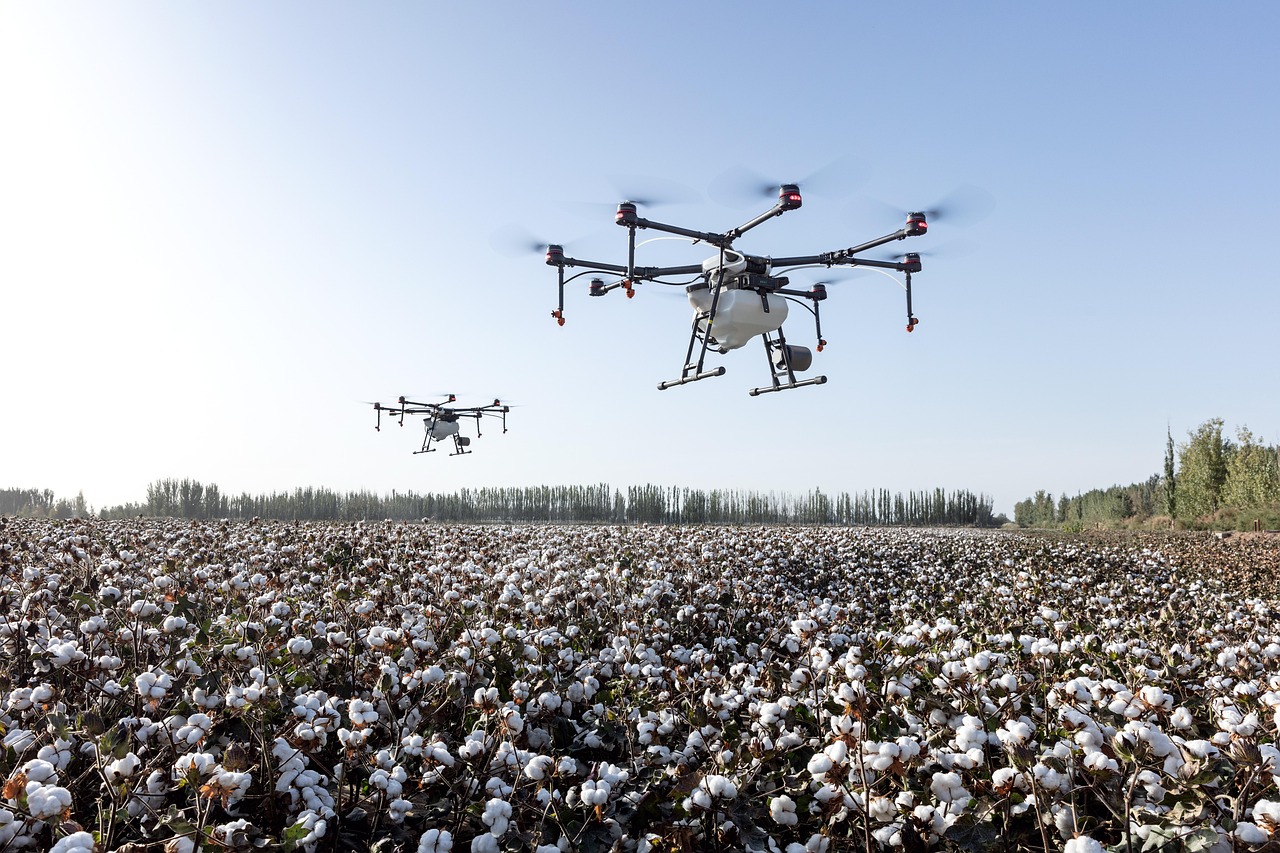China’s rapid advancements in military AI development have set the stage for a new era of warfare. The country’s investment of billions of dollars into AI technologies, including the production of kamikaze drones and autonomous combat systems, signals a shift towards “intelligentized warfare” where machines take the lead in planning and executing missions on the battlefield. China’s emphasis on drone swarms and unmanned combat technologies poses a significant challenge to traditional defense strategies and raises concerns about the future landscape of global conflict.

The official narrative portrays China’s AI military initiatives as part of its modernization efforts, focusing on the integration of AI for equipment upgrades and improved military capabilities. The People’s Liberation Army’s strategic investments in AI for logistics, surveillance, and autonomous systems are presented as measures to enhance operational efficiency and maintain a competitive edge in the evolving geopolitical landscape.
However, beneath the surface lies a more intricate web of motives driving China’s AI military expansion. The PLA’s ambitious goal to achieve global dominance by 2049 through intelligentized warfare reveals a deliberate agenda to leverage AI technologies for strategic advantage. By developing AI capabilities across various military domains, China aims to not only bolster its combat effectiveness but also reshape the future of warfare through the proliferation of unmanned systems and autonomous combat technologies.
China’s relentless pursuit of AI-driven military superiority poses grave implications for global security and stability. The use of AI-powered drones and combat systems not only escalates the arms race but also raises ethical concerns regarding the autonomous nature of these weapons. The increased reliance on unmanned technologies in conflict zones could lead to a depersonalization of warfare, with far-reaching consequences for civilian populations and the rules of engagement on the battlefield.
In the grand scheme of things, the intent, means, and opportunity behind China’s AI military ambitions paint a stark picture of a future where autonomous machines dictate the course of warfare. The strategic roadmap laid out by the PLA to achieve global military dominance through intelligentized warfare underscores a calculated effort to establish unparalleled control over the battlefield using AI technologies. The convergence of military, economic, and technological power in the hands of a single entity raises concerns about the implications of such dominance on the global stage.
As we stand at the crossroads of technological advancement and military strategy, the trajectory of China’s AI-driven military ambitions holds profound implications for the future of conflict and security worldwide. The escalating arms race in AI technologies, coupled with China’s strategic pursuit of intelligentized warfare, sets the stage for a new era where autonomous machines reign supreme on the battlefield. The decisions made today regarding the regulation and use of AI in military contexts will shape the course of history and determine the balance of power in the evolving landscape of global security.

